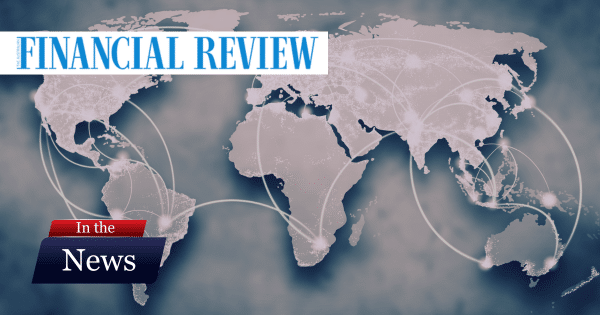Since its IPO, Atlassian has acted more like a venture capital fund than a traditional software vendor, funnelling cash into acquiring and building technology without a clear path to profitability. While it is not uncommon for growing tech companies to report non generally accepted accounting principles (GAAP) losses, Atlassian’s sustained unprofitability, spanning over 20 years, is a concern.
A key factor is the firm’s consistently high research and development (R&D) costs, which are greater than 50 per cent of its operating expenses. For a company with an established product set, these costs would be expected to decrease over time. This is especially concerning when rivals, such as ServiceNow, are profitable with comparable products and a smaller customer base. ServiceNow has a mature economic model and a solid AI strategy that leverages the broader market, acting more like a vendor of technology, while Atlassian behaves more like an investment house.
This approach is risky. With a potential downturn in the tech market, partly due to global economic headwinds and a ‘come-to-Jesus moment’ around AI vendor losses, Atlassian could find itself in a difficult position against its profitable rivals. The full costs of AI are not yet being passed on to customers, and an imminent recalibration will impact all vendors’ profitability.
Read the full story here.


